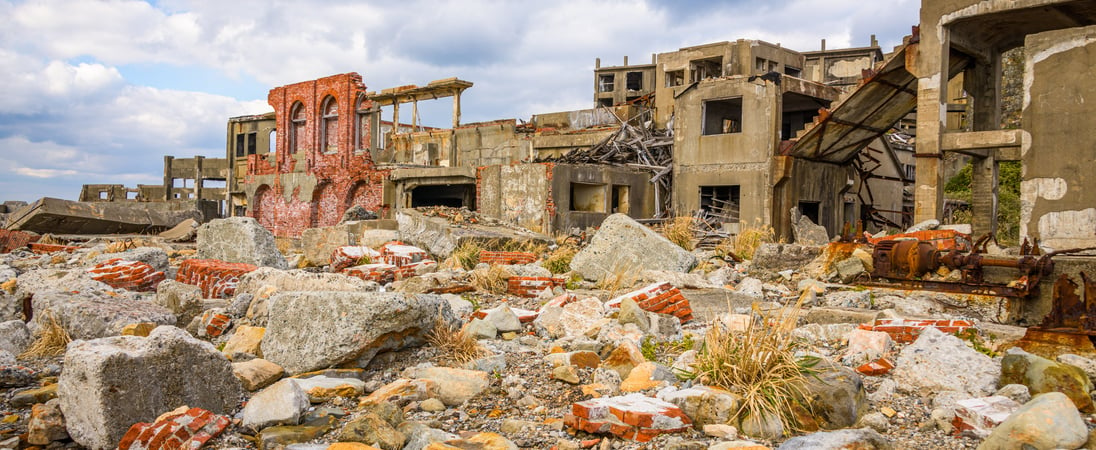
International Day for Preventing the Exploitation of the Environment in War and Armed Conflict
International Day for Preventing the Exploitation of the Environment in War and Armed Conflict reminds us that nature suffers in silence when wars unfold.
Bombs tear through forests. Rivers become poisoned. Fields once full of life turn barren.
This damage doesn’t fade when fighting stops—it lingers, making survival harder for those left behind. When trees fall and water dries up, peace becomes much harder to grow.
Every act of destruction pushes recovery further out of reach.
This day speaks clearly: nature must not be a victim of war. Protecting land, water, and wildlife helps communities stand strong again.
Clean rivers support health. Forests offer food and fuel. Safe soil allows farming to return.
These are not luxuries—they’re the backbone of peace. When we shield the natural world from war’s reach, we build a path forward that’s stable, safe, and full of life.
How to Observe International Day for Preventing the Exploitation of the Environment in War and Armed Conflict
Get involved with small acts that protect nature, even when conflict seems far away.
Raise awareness in your circle
Invite friends or neighbors to learn how fighting can break rivers, poison soil, and strip forests. Share simple facts that explain why nature matters for peace.
Use reliable reports from the UN, UNEP, and peacebuilding groups to guide your chat.
Host a nature‑peace talk
Arrange a short chat at work, school, or online about how healthy ecosystems help communities bounce back after war. Keep it friendly and clear.
Draw on examples showing that resource misuse ties tightly to conflict risks and peacebuilding solutions.
Support environmental peace groups
Spot organizations working on nature and recovery in war’s wake.
Offer a hand, fundraise, or spread their updates. Many focus on restoring water systems or land, helping secure people’s future.
Share stories through art
Use drawings, photos, or videos to show how war can harm life in forests or fields. Post your creations online to spark talk.
Visuals help others see why protecting nature matters for recovery and stability.
Encourage local nature care
Plant trees in your neighborhood or help clean a waterway. Small eco acts remind us that nature deserves care—even near home.
That caring links us to global peace goals and the UN’s reminders on this observance.
History of International Day for Preventing the Exploitation of the Environment in War and Armed Conflict
The International Day for Preventing the Exploitation of the Environment in War and Armed Conflict began with a bold decision by the United Nations. In 2001, the UN General Assembly passed a resolution that set aside November 6 to focus on this issue.
The vote followed growing concern that nature was being badly damaged during wars. Leaders realized that forests, rivers, and farmlands often become silent victims when fighting breaks out.
They agreed that the environment needed protection—even in the middle of conflict. Kofi Annan, the UN Secretary-General at the time, supported the idea strongly.
The day’s purpose is clear. It calls attention to how war harms ecosystems and how that harm can last for years. Explosions ruin farmland. Chemicals poison rivers. Trees vanish as armies clear land.
These actions don’t just hurt nature—they hurt people, too. Families lose crops. Water sources become unsafe. Wildlife disappears.
The day helps people see that peace and a healthy environment must go hand in hand.
Since it started, more countries and groups have joined the call. They work to protect natural spaces during and after conflict.
This growing effort reminds the world that peace isn’t only about ending violence—it’s also about healing the earth.
Also on ...
View all holidaysNational Nachos Day
Cheesy tortilla chips, jalapenos, beans, tomatoes and guacamole — throw a party and enjoy this perfect sharing platter with friends.
We think you may also like...
National Miners’ Day
Digging deep, they unearth treasures from the belly of the earth, a relentless pursuit of resources that fuels progress and innovation.
International Chernobyl Disaster Remembrance Day
One of the most devastating disasters in human history, International Chernobyl Remembrance Day recalls the suffering and pain still happening from the fallout.








